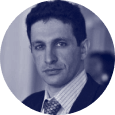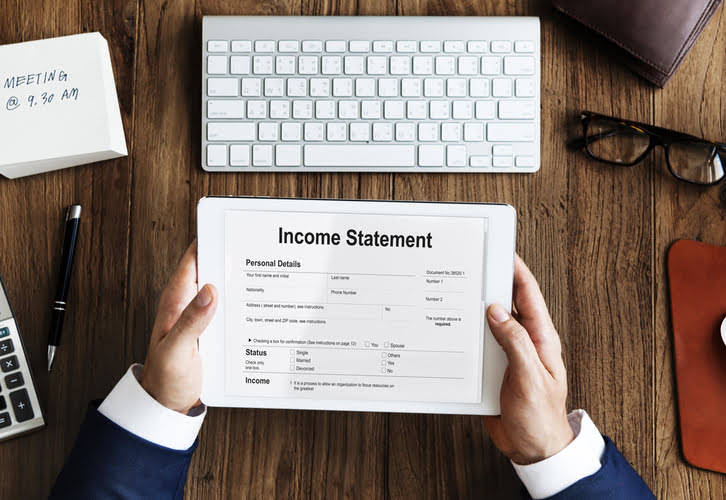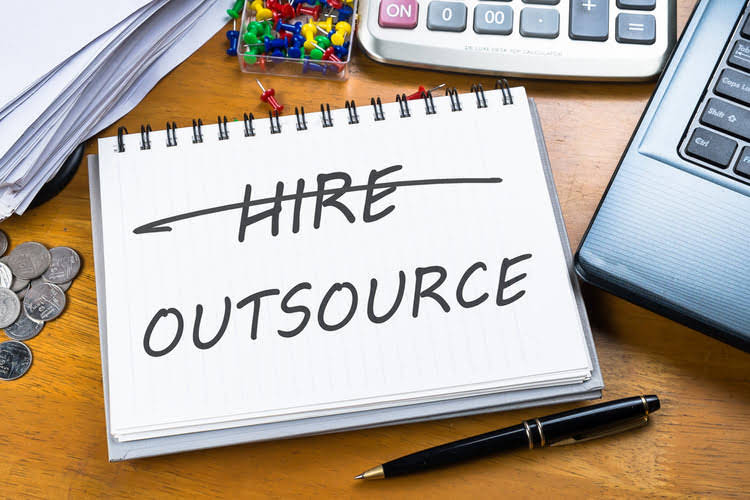The speed and simplicity with which stocks are bought and sold can be taken for granted, especially in the era of app investing. It takes just a few taps to place an order with your brokerage firm, and depending on the type of order, it can be executed within seconds. Market makers may not be the most transparent participants in the trade life cycle—they operate behind the scenes, using high-frequency algorithms and complex arbitrage strategies.
How Market Makers Make Money
In other words, investors who want to sell securities would be unable to unwind their positions due to a lack of buyers in the market. Full-service brokers provide their clients with more value-added services. These services may include consulting, research, investment advice, and retirement planning.
How to trade CFDs?
Some types of market makers are known as “specialists.” A specialist is a type of market maker who operates on certain exchanges, including the New York Stock Exchange. Although their functions are similar, specialists focus more on facilitating trades among brokers directly on the floor of an exchange. A specialist is one type of market maker who often focuses on trading specific stocks. There are plenty of market makers in the financial industry competing against one another.
Therefore, any accounts claiming to represent IG International on Line are unauthorized and should be considered as fake. 70% of retail client accounts lose money when trading CFDs, with this investment provider. Please ensure you understand how this product works and whether you can afford to take the high risk of losing money. Market makers are required to continually quote prices and volumes at which they are willing to buy and sell.
Market makers must stick to these parameters at all times, no matter what their market outlook. When markets become erratic or volatile, market makers must remain disciplined in order to continue facilitating smooth transactions. IG International Limited is licensed to conduct investment business and digital asset business by the Bermuda Monetary Authority.
- You should consider whether you understand how this product works, and whether you can afford to take the high risk of losing your money.
- IG accepts no responsibility for any use that may be made of these comments and for any consequences that result.
- To avoid volatility risk, market makers often hedge their positions with correlated instruments (such as options or futures).
- When an entity is willing to buy or sell shares at any time, it adds a lot of risk to that institution’s operations.
The most common example of a market maker is a brokerage firm that provides purchase and sale-related solutions for real estate investors. It plays a huge part in maintaining liquidity in the real estate market. We want to clarify that IG International does not have an official Line account at this time. We have not established any official presence on Line messaging platform.
Create a free account to unlock this Template
Orders larger than 100 shares could be filled by multiple market makers. PFOF is essentially a “rebate” from market makers to brokerage firms for routing retail buy or sell orders to them. So if a market maker buys at a bid of, say, $10 and sells at the asking price of $10.01, the market maker pockets a one-cent profit. Unofficial market makers are free to operate on order driven markets or, indeed, on the LSE.
Market Maker Definition: What It Means and How They Make Money
They have a clear profit motive, but the result is (mostly) liquid and smooth-running markets. Some examples of the bigger market makers in the industry include BNP Paribas, Deutsche Bank, Morgan Stanley, and UBS. Toronto is considered to be Canada’s financial capital, and it’s the location of the country’s leading stock exchange.
When an entity is willing to buy or sell shares at any time, it adds a lot of risk to that institution’s operations. For example, a market maker could buy your shares of common stock in XYZ just before XYZ’s stock price begins to fall. The market maker could fail to find a willing buyer, and, therefore, they would take a loss. They earn their compensation by maintaining a spread on each stock they cover.
Sometimes the market gets overloaded with lots of buy orders or lots of sell orders. But because orders must cross the prevailing spread in order to make a trade, the market maker makes a theoretical profit on every trade. For a market to be considered a market, there what is market maker must be buyers and sellers present to engage in trade. However, not all markets have a good balance between buyers and sellers. Sometimes a market maker is also a broker, which can create an incentive for a broker to recommend securities for which the firm also makes a market. Investors should thus perform due diligence to make sure that there is a clear separation between a broker and a market maker.
Market makers are high-volume traders that “make a market” for securities by always standing at the ready to buy or sell. They profit on the bid-ask spread and they benefit the market by adding liquidity. But the important thing stock investors want to know is how market makers are regulated when it comes to quoting the bid-ask spread. Suppose you want some cash, so you decide to sell a few hundred shares of a tech stock you’ve been sitting on. Without market makers, you’d need to wait (and hope) for someone else to place a buy order, at your selling price, in your exact quantity, ASAP, so you can get the money in your bank account. The income of a market maker is the difference between the bid price, the price at which the firm is willing to buy a stock, and the ask price, the price at which the firm is willing to sell it.
Many discount brokers offer online trading platforms, which are ideal for self-directed traders and investors. The prices set by market makers are a reflection of demand and supply. Stockbrokers can also perform the function of market makers at times.















